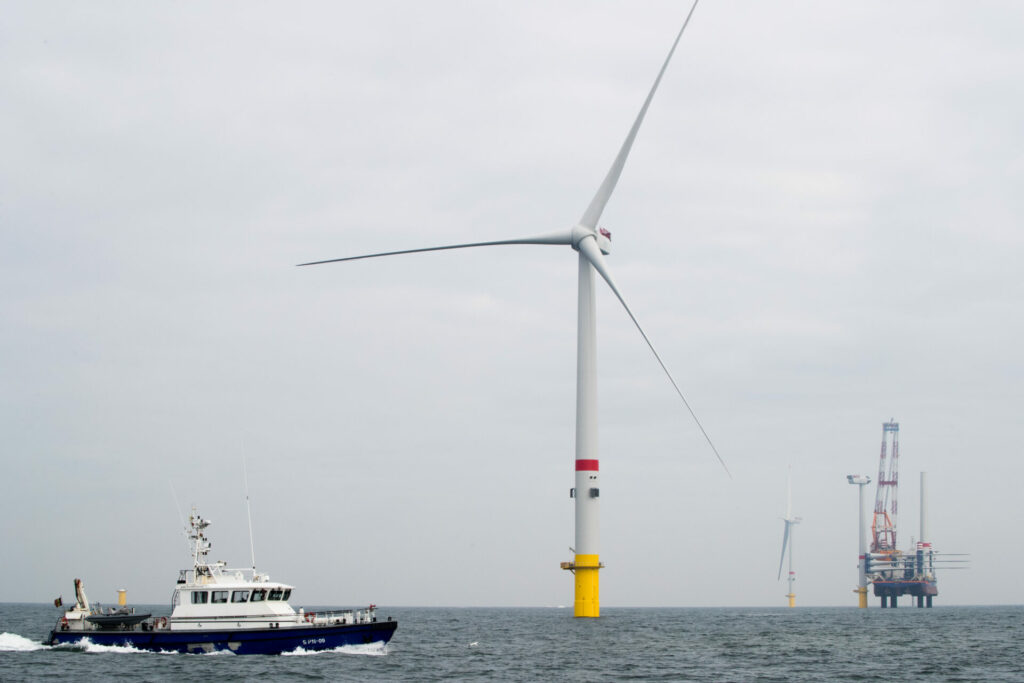Russia is seeking to sabotage communication cables and offshore wind farms in the North Sea, a new investigation by Scandinavian public broadcasters DR (Denmark), NRK (Norway), SVT (Sweden), and Yle (Finland) shows.
The broadcasters allege that Russia has a fleet of ships disguised as fishing and research vessels which are equipped with underwater cameras. The vessels scout the North Seas, mapping important underwater locations for potential sabotage.
In February, a Russian ship, sailing without its legally-required AIS (Automatic Identification System), entered both Belgian and Dutch waters, in suspicious vicinity to submarine gas pipelines, data cables, and other critical infrastructure. Dutch intelligence service MIVD alleged that Russia was "trying to map what the Dutch energy supply looks like".
The investigation by the public broadcasters revolves around Russian ship Admiral Vladimirsky, which is officially registered as a research vessel. Yet the investigation suggests that this is actually a spy ship. According to the data tracking the ship's movements, it approaches areas near wind farms and idles in the area.
The Scandinavian journalists boarded a small ship to approach the vessel but were confronted by a man on the boat wearing a balaclava and carrying a military-grade rifle.
Plotting acts of sabotage
The broadcasters allege to have intercepted Russian communications that indicate the existence of other so-called "ghost ships" sailing in the North Sea. These ships turn off their locators to avoid detection. The Admiral Vladimirsky has not activated its transmitter for a month.
One Danish intelligence officer believes that Russia is preparing acts of sabotage in the case of a full-scale war with the West. The head of Norway’s intelligence service told the investigative journalists that this covert operation was directly controlled by the Kremlin.
Related News
- 'Deconstructing the obvious'? Seymour Hersh on why the US blew up Nord Stream
- Fibre optic cable sabotage causes global internet slowdown
As of yet, there is no evidence that Russia actually has carried out acts of sabotage. Western nations still blame Russia for destroying the Nord Stream 2 pipeline, but this is hotly contested. Deep sea cables have been identified as a potential security vulnerability for Europe due to a lack of protection and their critical importance for connectivity.
Last year, there was a slew of seemingly deliberate sabotage of fibre optic cables. A major fibre optic cable was deliberately cut near Aix-en-Provence in France in October, leading to a wave of internet outages across the country. Some experts suspected Russian sabotage, but no evidence has supported this theory.

